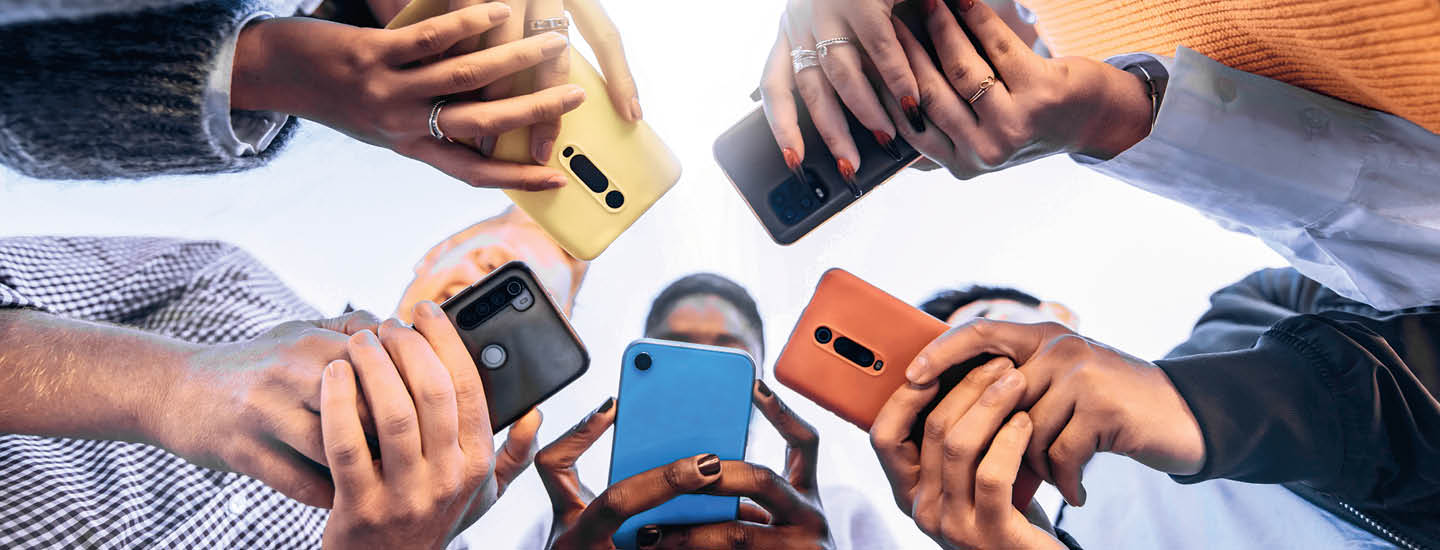Social media has dramatically changed the way we all communicate and connect. It can be fun and often helpful. But it can also hurt us. Social media can pose significant risks to our mental health and well-being, and that is particularly true for young users.
Our research shows that teen girls report feeling “addicted” to TikTok. It’s clear that unfettered access to social media can have long-lasting consequences. History shows us, though, that because tech companies make so much money off of social media, they will not reduce online harms to kids unless lawmakers force them to do so.
Lawmakers have an obligation to step in and protect young people when an industry has failed to do so. In 1968, the U.S. began requiring all new cars to be fitted with seat belts. Since 1986, U.S. toy makers have followed specific safety regulations. In 1992, the U.S. banned the sale of cigarettes to minors. Now it is time for the government to take action on social media.
Young people are more vulnerable to the negative effects of social media because their brains are still developing and they’re still figuring out just who they are. They’re especially susceptible to harmful content that exposes them to drugs, eating disorders, and dangerous viral challenges.

